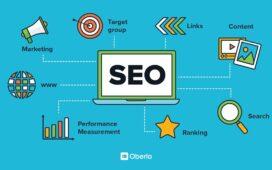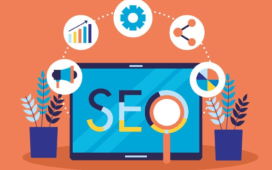For modern business ventures, developing strategies for achieving sustainable scalability is pivotal. A scalable business model enables a venture to accommodate growth and increased demands without compromising on performance or efficiency. This form of model is essential for long-term success as it ensures that despite an uptick in volumes and revenue, the associated costs don’t climb at the same rate.
Key drivers include embracing technology and automation, strategic hiring practices, standardizing processes, and effectively leveraging external resources. For businesses aiming to scale successfully while maintaining profitability over time, focusing on these areas can foster adaptable structures capable of handling more demand with minimal extra expense.
Identify Scalable Business Models
In identifying scalable business models, focus on the capability to amplify operations and revenues without equally increasing costs. A prime example is an online education platform. Once a course is developed, it can repeatedly be sold with minimal extra expense; this essence captures scalability’s heart.
Scalable models ensure that as your customer base grows and demands escalate, you maintain efficiency and avoid significant cost hikes in production or resource allocation with business growth strategies. Key components include embracing technology for automation—like using AI for data entry—and strategic hiring to foster an environment where innovation propels growth while keeping overheads manageable.
Leverage Technology for Efficiency
To ramp up efficiency, the adoption of smart technology is key. Cloud computing enables remote work and access to data anywhere, significantly cutting down operational costs. Incorporating artificial intelligence (AI) automates routine tasks, from customer service with chatbots to inventory management optimization.
This not only saves time but also reduces human error risks. Furthermore, leveraging big data analytics can provide insights into market trends and consumer behaviors, guiding strategic decisions for growth and innovation opportunities. Businesses that use project management tools witness a notable increase in collaboration among teams, resulting in streamlined workflows.
Implementing these technologies leads to higher productivity levels and positions your venture for sustainable scalability by staying ahead of rapid market changes.
Build Strong Brand Partnerships
Forget the mainstream approach. To build genuine partnerships, find brands that speak to your values and audience and then take it from there. Your partner should fill in the gaps, not repeat what you’re already doing. It’s a two-way street: each partner can parlay the other’s assets into success.
Take the time to pinpoint exactly what you want to get out of this partnership—is it building a bigger customer base, creating something new, or achieving something else entirely? Make sure you and your partner are on the same page. Mutual benefit is key to ensuring both sides gain value to maintain engagement over time.
You can’t fake trust—it grows from openness and reliability in every single interaction. Regularly evaluate the partnership’s performance against set objectives using data-driven metrics; this enables timely adjustments for sustained success. Strike a chord with your audience by teaming up with others in bold and unexpected ways—the results can be mesmerizing!
Prioritize Customer Feedback Loop
To scale your business effectively, make listening a priority. Need to know what your customers and employees are really thinking? Set up online surveys to collect their honest feedback and get a better sense of what’s working and what’s not.
When you get this kind of blunt, unrestricted feedback, it’s like having a roadmap to success—you’ll uncover hidden paths to improvement, seize innovation opportunities, and stay surprisingly attuned to the market’s rhythm. Take acting on suggestions to heart, and you might find yourself overhauling your digital presence to make it more user-friendly. Foster a culture where team members feel comfortable sharing their thoughts and ideas.
The currency of trust is loyalty. In workplaces where honesty rules, people are more inspired to contribute and more likely to stay put. Responding to feedback promptly shows stakeholders they’re heard, fostering loyalty among customers—a cornerstone of organic expansion in 2024’s fast-paced market environment. Keep evolving; measure the impact of changes made from feedback to fuel continuous improvement moving forward.






